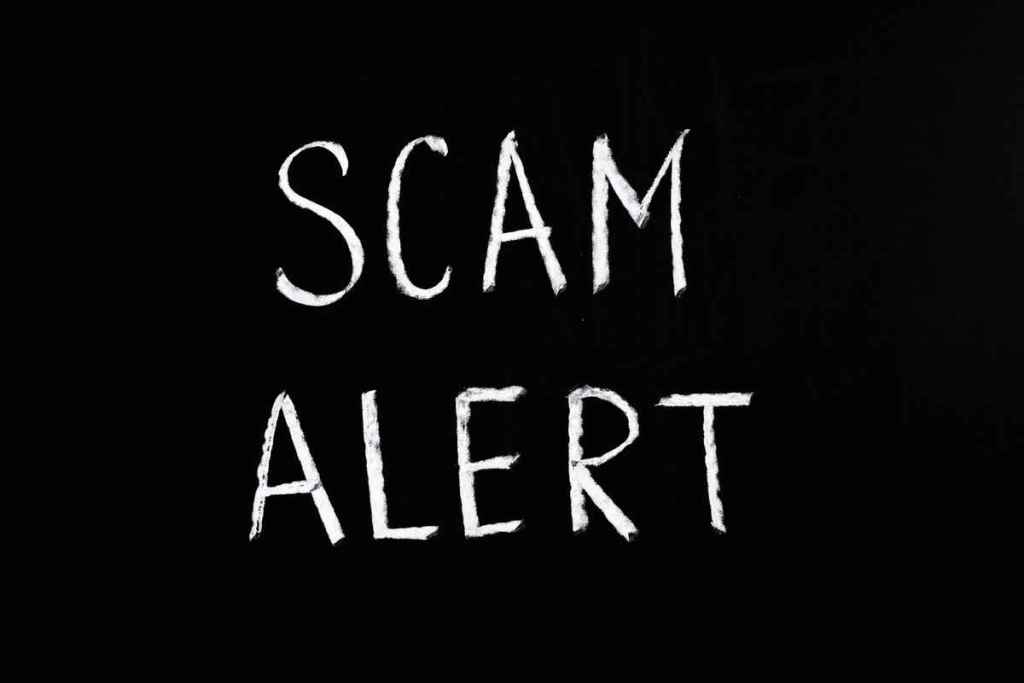Unraveling the Pros and Cons: Self-Publishing vs. Traditional Publishing
In the ever-changing landscape of literature, authors face a pivotal decision: to self-publish or seek the backing of a traditional publishing house. This choice, fraught with intricacies and nuances, can significantly influence an author’s creative journey, financial prospects, and overall publishing experience.
To help navigate this crossroads, we delve into the intricate world of self-publishing and traditional publishing, unveiling the advantages and disadvantages inherent in each path. By carefully considering these factors, authors can make an informed decision that aligns with their unique goals, aspirations, and literary aspirations.
Self-Publishing: A Path of Independence and Creative Control
Self-publishing has emerged as a formidable force in the publishing industry, empowering authors with unprecedented control over their creative vision and the publishing process. This autonomy extends from manuscript preparation and editing to cover design, marketing, and distribution, offering authors the flexibility to tailor their books to their specific target audience.
Moreover, self-publishing provides authors with a greater share of the financial rewards. While traditional publishers typically retain a significant portion of book sales revenue, self-published authors can potentially reap a more substantial financial harvest, especially if their books gain traction in the marketplace.
However, self-publishing is not without its challenges. Authors must shoulder the financial burden of editing, formatting, cover design, and marketing, which can be a daunting task for those without the necessary resources or expertise. Additionally, self-published authors may face difficulties in gaining visibility and credibility in a crowded and competitive literary landscape.
Traditional Publishing: The Established Route with Renowned Support
Traditional publishing, with its long-standing legacy and established infrastructure, offers authors a structured path to publication. Renowned publishing houses provide authors with a wealth of resources, including editorial guidance, marketing expertise, and distribution networks that can propel a book to a wider audience.
Moreover, traditional publishers often provide financial advances to authors, offering a much-needed lifeline during the often-lengthy writing and publishing process. These advances can help authors focus on their craft without the added pressure of financial constraints.
However, traditional publishing also has its drawbacks. Authors typically relinquish a significant degree of creative control to publishers, who may exert influence over the editing process, cover design, and marketing strategies. Additionally, the traditional publishing process can be protracted, with manuscripts languishing in the slush pile for months or even years before a decision is made.
A Comparative Glance: Weighing the Pros and Cons
To further illuminate the intricacies of self-publishing and traditional publishing, let’s juxtapose their key advantages and disadvantages:
| Self-Publishing | Traditional Publishing |
|---|---|
| Pros: – Complete creative control – Higher potential financial rewards – Faster publication timeline |
Pros: – Established infrastructure and resources – Wider distribution networks – Financial advances |
| Cons: – Financial burden of editing, formatting, and marketing – Difficulty gaining visibility and credibility – Limited access to professional editorial guidance |
Cons: – Less creative control – Lengthy publication process – Lower potential financial rewards |
Ultimately, the decision between self-publishing and traditional publishing is a deeply personal one, influenced by a myriad of factors unique to each author. Authors must carefully weigh the pros and cons of each path, considering their creative goals, financial situation, and long-term aspirations before embarking on their publishing journey.
In the second part of this comprehensive guide, we will delve deeper into the nuances of self-publishing and traditional publishing, exploring specific strategies for success in each arena. We will also provide practical tips and advice to help authors navigate the complexities of the publishing landscape and achieve their literary dreams.
Navigating the Nuances: Strategies for Success
Having explored the fundamental differences between self-publishing and traditional publishing, let’s delve deeper into the practical strategies that can lead to success in each arena.
For self-publishers, meticulous attention to detail is paramount. This includes investing in professional editing, cover design, and marketing materials to ensure a polished and professional final product. Additionally, self-published authors should actively engage with their readers through social media, book signings, and other promotional events to build a loyal following.
For authors seeking the traditional publishing route, crafting a compelling query letter and synopsis is essential. Patience is also a virtue, as the traditional publishing process can be protracted. Nevertheless, authors who persevere and maintain a positive mindset often find that the rewards of traditional publishing are worth the wait.
A Compelling Conclusion: Embracing the Journey
Ultimately, the path to publishing success is paved with determination, resilience, and a genuine love for the craft of writing. Whether authors choose self-publishing or traditional publishing, the ultimate goal is to share their stories with the world and make a meaningful impact on readers’ lives.
The decision between self-publishing and traditional publishing is a personal one, and there is no right or wrong answer. By carefully considering the factors discussed in this comprehensive guide, authors can make an informed decision that aligns with their unique goals and aspirations.
Call to Action: Embark on Your Publishing Journey Today
If you’re an aspiring author with a story to tell, the time to act is now. Whether you choose self-publishing or traditional publishing, the path to success begins with taking that first step. Embrace the journey, stay true to your creative vision, and never give up on your dreams.
The world is waiting for your story. What are you waiting for?



